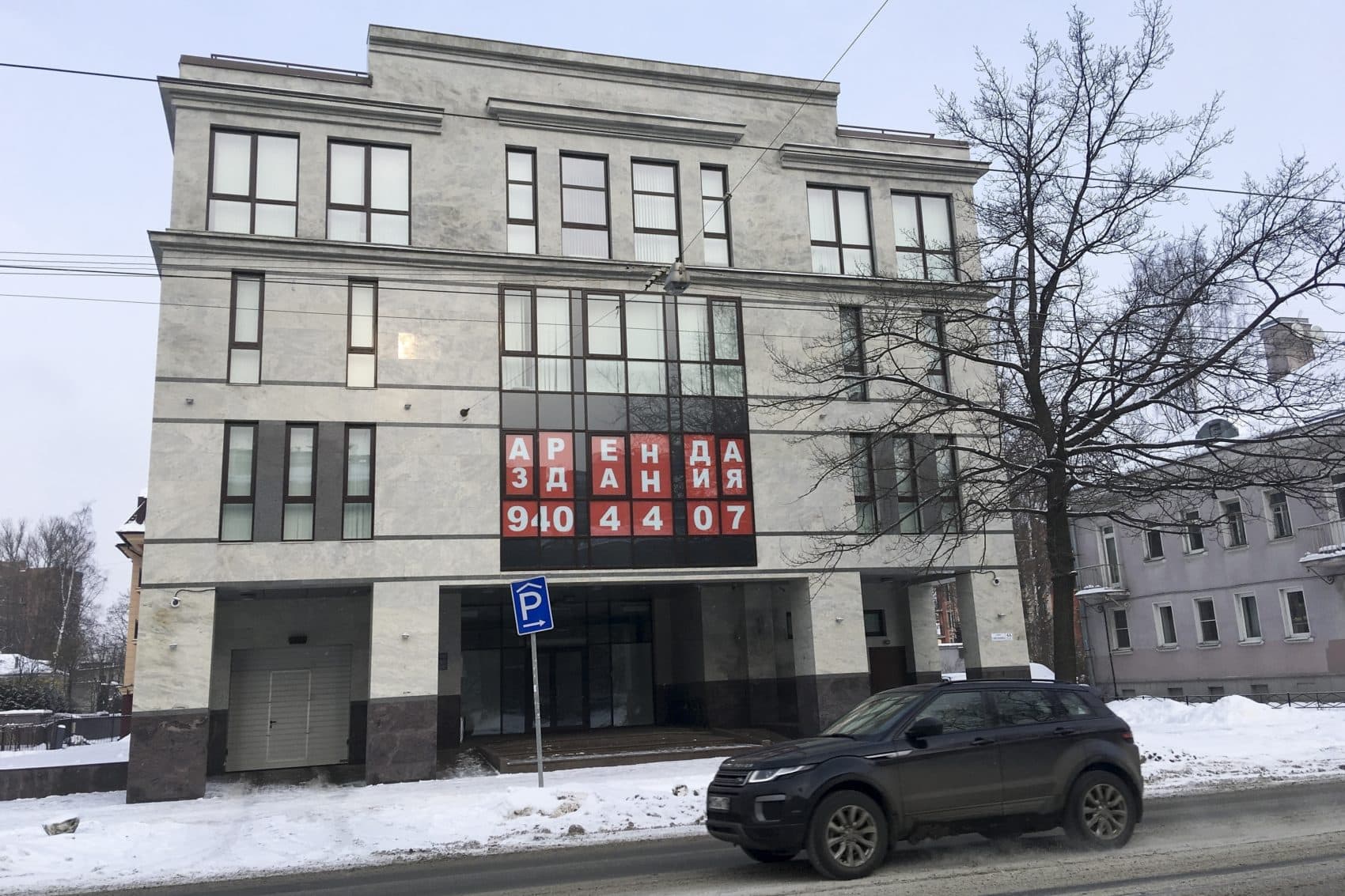Advertisement
How The Russian Influence Campaign Specifically Targeted African-Americans

With Meghna Chakrabarti
According to a report for the Senate Intelligence Committee, Russia made special efforts to reach African-Americans in its influence campaign during the 2016 election.
Guests
Derrick Johnson, president of the NAACP. The NAACP has called for a national week-long "log-out" of Facebook and returned a Facebook donation to the organization. (@DerrickNAACP)
Renee DiResta, director of research at the cybersecurity company New Knowledge. She co-authored a report on Russia’s influence campaign on social media for the Senate Intelligence Committee. (@noUpside)

From The Reading List
New Knowledge: "Report: The Tactics & Tropes of the Internet Research Agency"
New York Times: "Russian 2016 Influence Operation Targeted African-Americans on Social Media" — "The Russian influence campaign on social media in the 2016 election made an extraordinary effort to target African-Americans, used an array of tactics to try to suppress turnout among Democratic voters and unleashed a blizzard of activity on Instagram that rivaled or exceeded its posts on Facebook, according to a report produced for the Senate Intelligence Committee.
"The report adds new details to the portrait that has emerged over the last two years of the energy and imagination of the Russian effort to sway American opinion and divide the country, which the authors said continues to this day.
"'Active and ongoing interference operations remain on several platforms,' says the report, produced by New Knowledge, a cybersecurity company based in Austin, Tex., along with researchers at Columbia University and Canfield Research LLC. One continuing Russian campaign, for instance, seeks to influence opinion on Syria by promoting Bashar al-Assad, the Syrian president and a Russian ally in the brutal conflict there.
"The New Knowledge report is one of two commissioned by the Senate committee on a bipartisan basis. They are based largely on data about the Russian operations provided to the Senate by Facebook, Twitter and the other companies whose platforms were used."
Stefano Kotsonis produced this segment for broadcast.
This segment aired on December 19, 2018.